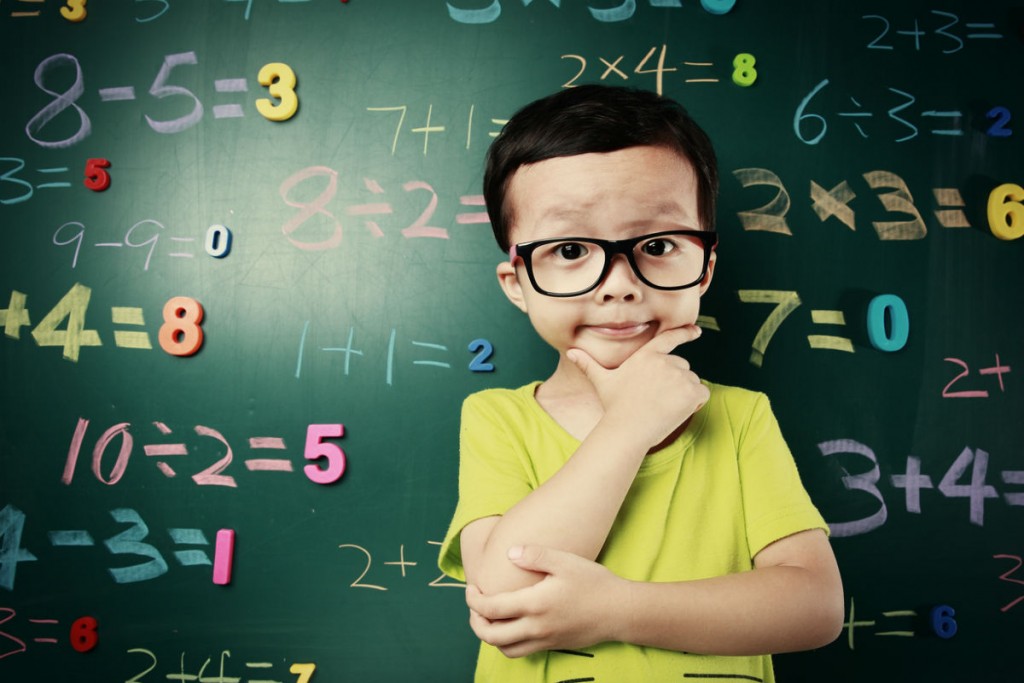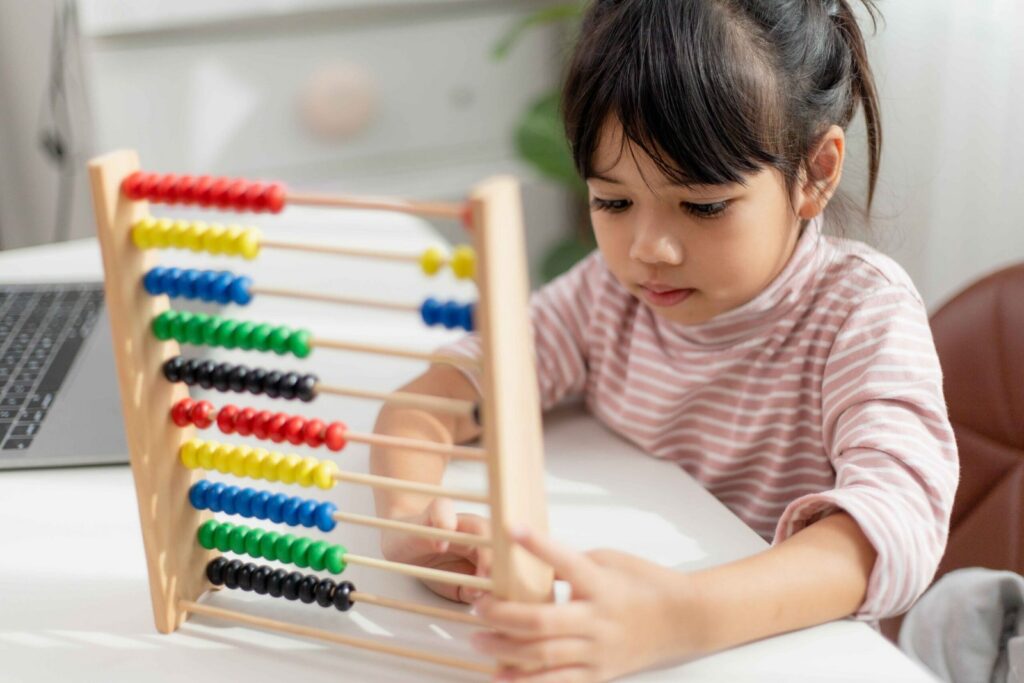
https://zensta.in/shreedattakrupaabacusclasses/
The Abacus, a timeless tool for arithmetic calculations, has been an essential part of education in various cultures for centuries. Abacus classes in nashik It not only helps with mathematical operations but also enhances cognitive skills such as memory, concentration, and problem-solving abilities. One common question parents and educators often ask is: “What is the best age to start learning the abacus?”
Ideal Age to Begin Abacus Training
The general consensus among experts is that children can start learning the abacus as early as age 5. Here’s why:
- Cognitive Development: By age 5, most children have developed basic counting skills and an understanding of numbers, which are fundamental for abacus training.
- Brain Plasticity: Younger children have more flexible and adaptive brains, making it easier for them to grasp new concepts and methods.
- Enhanced Focus: Starting early can help children develop better concentration and focus, which are essential skills for academic success.
- Confidence Building: Early success in mastering the abacus can boost a child’s confidence and encourage a positive attitude towards learning.
The Learning Curve
While 5 years old is an excellent starting point, it’s important to note that children develop at their own pace. Some may show readiness earlier, while others might benefit from starting a bit later. Abacus classes in nashik The key is to ensure that the learning process is fun and engaging rather than stressful.

Why Choose the Abacus?
Before diving into the best age to start, it’s essential to understand why learning the abacus is beneficial. The abacus is more than just a tool for calculation; it’s a powerful learning aid that helps children visualize numbers and perform mental arithmetic. Abacus classes in nashik Here are some key benefits:
- Cognitive Development: Using an abacus requires children to engage both sides of the brain. The left side, responsible for logical thinking, and the right side, responsible for creativity and visualization, are both stimulated. This dual engagement fosters overall brain development.
- Enhanced Memory and Concentration: Abacus learning involves visualizing the abacus beads while performing calculations mentally. This practice enhances a child’s memory and concentration levels over time.
- Improved Arithmetic Skills: Regular practice with the abacus can help children perform arithmetic calculations more quickly and accurately than their peers.
- Boosts Confidence: As children become proficient with the abacus, their confidence in their math skills increases, positively impacting their overall academic performance.

The Ideal Age to Start Learning the Abacus
The best age to start learning the abacus generally falls between 4 and 7 years old. This age range is considered ideal because it coincides with a critical period in a child’s brain development when they are highly receptive to learning new concepts.
1. Early Childhood (4-5 Years Old)
Starting at 4 to 5 years old is advantageous because children at this age are curious and eager to learn. Their brains are highly malleable, making it easier for them to grasp new concepts and skills.Abacus classes in nashik Here’s why this age group is particularly suitable:
- Strong Foundation: Children begin to develop basic mathematical concepts, such as counting and recognizing numbers. Introducing the abacus at this stage helps build a strong foundation for future math learning.
- Visual Learning: At this age, children are primarily visual learners. The abacus, with its colorful beads, provides a tangible and visual way to understand numbers and calculations.
- Fine Motor Skills Development: Manipulating the beads on an abacus enhances fine motor skills, which are crucial for writing and other hand-eye coordination tasks.
2. Kindergarten Age (5-6 Years Old)
By the time children reach kindergarten, they have a better grasp of numbers and are ready to learn more structured mathematical concepts. Abacus classes in nashik This age is also a great time to introduce the abacus because:
- Readiness for Structured Learning: Children at this age are typically ready for more structured learning environments. They can follow instructions, understand basic concepts, and apply them in practice.
- Developing Focus: The abacus requires concentration and attention to detail. At this age, children are beginning to develop the ability to focus for longer periods, making it an ideal time to introduce abacus training.
- Encouragement of Mental Math: As children become more familiar with the abacus, they start to develop mental math skills, which are invaluable in later years.
3. Primary School Age (6-7 Years Old)
While the earlier age ranges are ideal, starting at 6 to 7 years old is still highly beneficial. At this age, children are more independent learners and have a better understanding of numbers and basic arithmetic. Here’s why this age range works well:
- Understanding Abstract Concepts: Children at this age can better understand abstract mathematical concepts. The abacus helps them visualize these concepts, making them easier to grasp.
- Preparation for Formal Education: By the time children enter formal schooling, they are expected to have basic math skills. Learning the abacus gives them a head start and prepares them for more complex mathematical challenges.
- Building on Existing Knowledge: Children who start learning the abacus at this age can build on their existing knowledge, making connections between what they learn on the abacus and their school curriculum.Abacus classes in nashik

Tips for Introducing the Abacus
If you’ve decided to introduce your child to the abacus, here are some tips to ensure a smooth and effective learning experience:
- Choose the Right Abacus: Start with a simple abacus that has clear, brightly colored beads. This will make learning more engaging for your child.
- Start with Basics: Begin with basic counting and simple arithmetic before moving on to more complex calculations. Patience is key, as children will need time to familiarize themselves with the tool.
- Make It Fun: Incorporate games and challenges to keep your child interested. Use the abacus to solve fun puzzles or set small goals that your child can achieve.
- Regular Practice: Like any skill, regular practice is essential. Encourage your child to use the abacus daily, even if it’s just for a few minutes.
Benefits of Early Abacus Learning
- Enhanced Arithmetic Skills: Children develop strong mental arithmetic abilities.
- Improved Concentration: The focus required for abacus calculations helps improve overall concentration.
- Better Memory: Regular practice with the abacus boosts memory retention.
- Increased Confidence: Mastering a challenging tool like the abacus can boost a child’s confidence in their abilities.
https://zensta.in/shreedattakrupaabacusclasses/
Conclusion
Starting abacus training at an early age, around 4 to 5 years old, can provide children with numerous cognitive and academic advantages. As illustrated by Emily’s journey, the abacus
